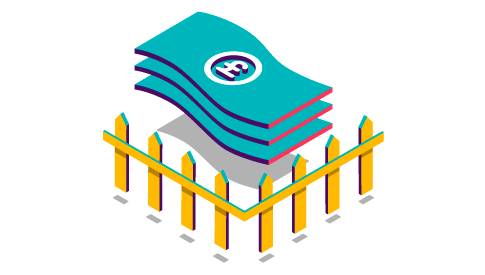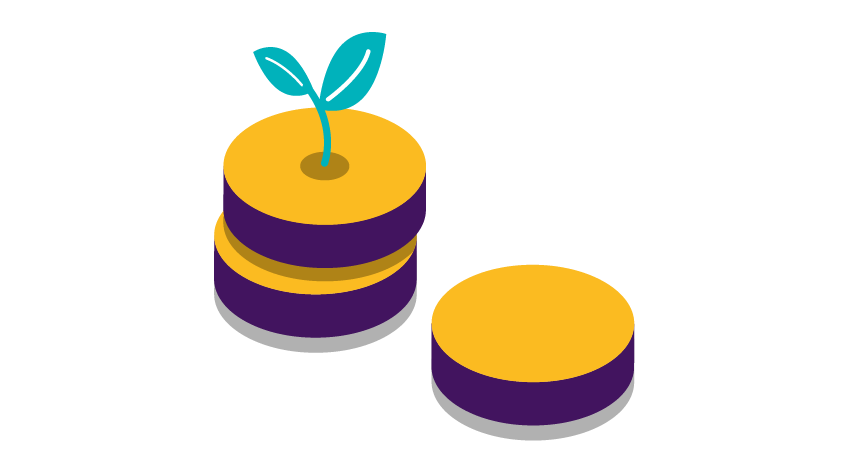What might Russia's invasion of Ukraine mean for your money?
The value of investments can fall as well as rise, and you may not get back the full amount you invest. Eligibility criteria, fees and charges apply.
Five things to know
The invasion in Ukraine is rapidly escalating and it’s difficult to predict what the wider fallout might be. While this isn’t out of the blue – following months of Russian military build-up around Ukraine – the military invasion is still a very serious development.
We spoke to Monique Wong, one of the experts at Coutts behind your Shostra Bank Invest funds, to get an idea of how this could impact the global economy, what it means for financial markets, and what we’re doing to manage your money at this time.

1. The economic impact is likely to be limited
Russia represents around 3 per cent of the global economy, so is not significant to it. Although this remains a serious but distinct geopolitical development, the economic consequences are not on the same scale as the outbreak of Covid two years ago.
Monique said: “The economic impact is likely to be limited outside of Russia and Ukraine, and mostly concentrated in Europe given it imports nearly 40% of its natural gas and 25% of its oil from Russia.”
2. Such events typically don’t have long-term consequences for investors
While Russia’s invasion of Ukraine did cause stock markets to fall – although government bonds rose – history shows that the disruption for investors doesn’t typically last too long.
A study by Deutsche Bank in 2017 found that, on average, a market sell-off following a geo-political event lasts 15 days, with markets recovering to former levels just 16 days after that.
Monique said: “We still see solid conditions for investing over the long term – the global economy continues to grow, if a little slower than before, companies are reporting solid earnings and the outlook remains positive in our view.”
3. Inflation is likely to rise further as a result
The biggest immediate economic impact comes from an increase in inflationary pressure due to a spike in energy prices. Russia is the world’s third-largest producer of oil and second-largest producer of natural gas, so trade disruptions and increased sanctions will have a knock-on effect on prices. Similarly, food prices could rise, with Russia and Ukraine significant global exporters of both wheat and corn.
But Monique says ultimately inflation could very well fall again.
“The commodity price rises we’re seeing are effectively a tax on the consumer,” she said. “They have the effect of slowing economic growth and reducing demand for goods and services. This, in turn, lowers inflation over the longer term.”

4. Investing is about your future
Your Shostra Bank Invest account provides a way to try to grow your money over time. And the experts at Coutts believe firmly in the importance of focusing on the long term direction of markets rather than day-to-day ups and downs.
Monique said: “We believe in standing firm and remaining resilient. Investing, ultimately, is about the long term – over time you stand a better chance of making the most of your money.”
5. The Coutts team actively manages your money around changing markets
Before this crisis struck, the team at Coutts behind your fund had already made a number of changes to reflect current market conditions, which include:
- selling European stocks, which already looked set to meet a number of challenges.
- buying more US stocks, which tend to perform better when investors look to reduce risk
It’s also worth pointing out that we have very limited exposure to Russian equities of just 0.1%.
Learn more about investments
Whether you’re an experienced investor or just finding out what investing is, we’ve got a range of articles to help you understand more about investing.
We regularly update our articles depending on what’s happening in the market so check back for future updates.

